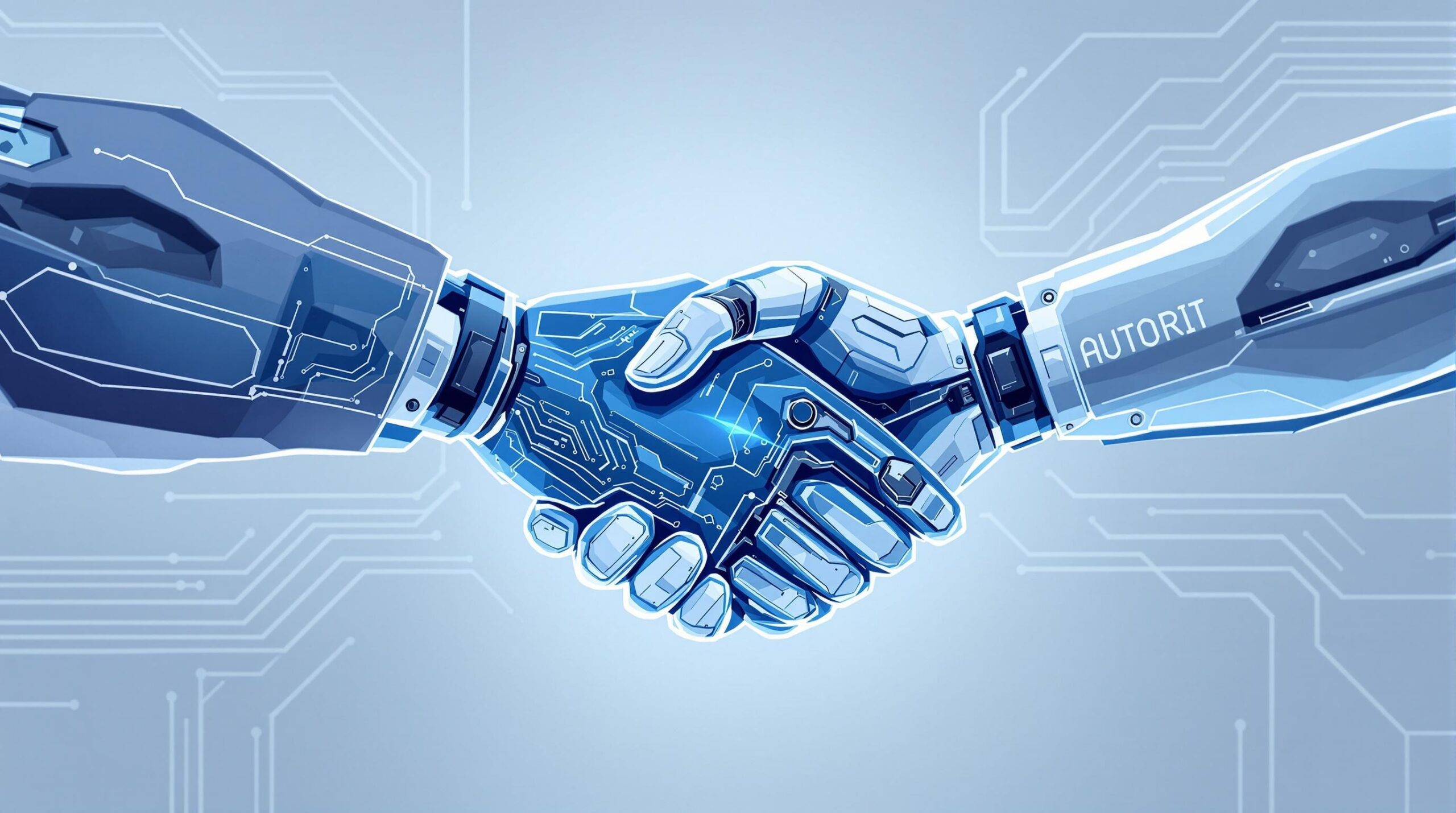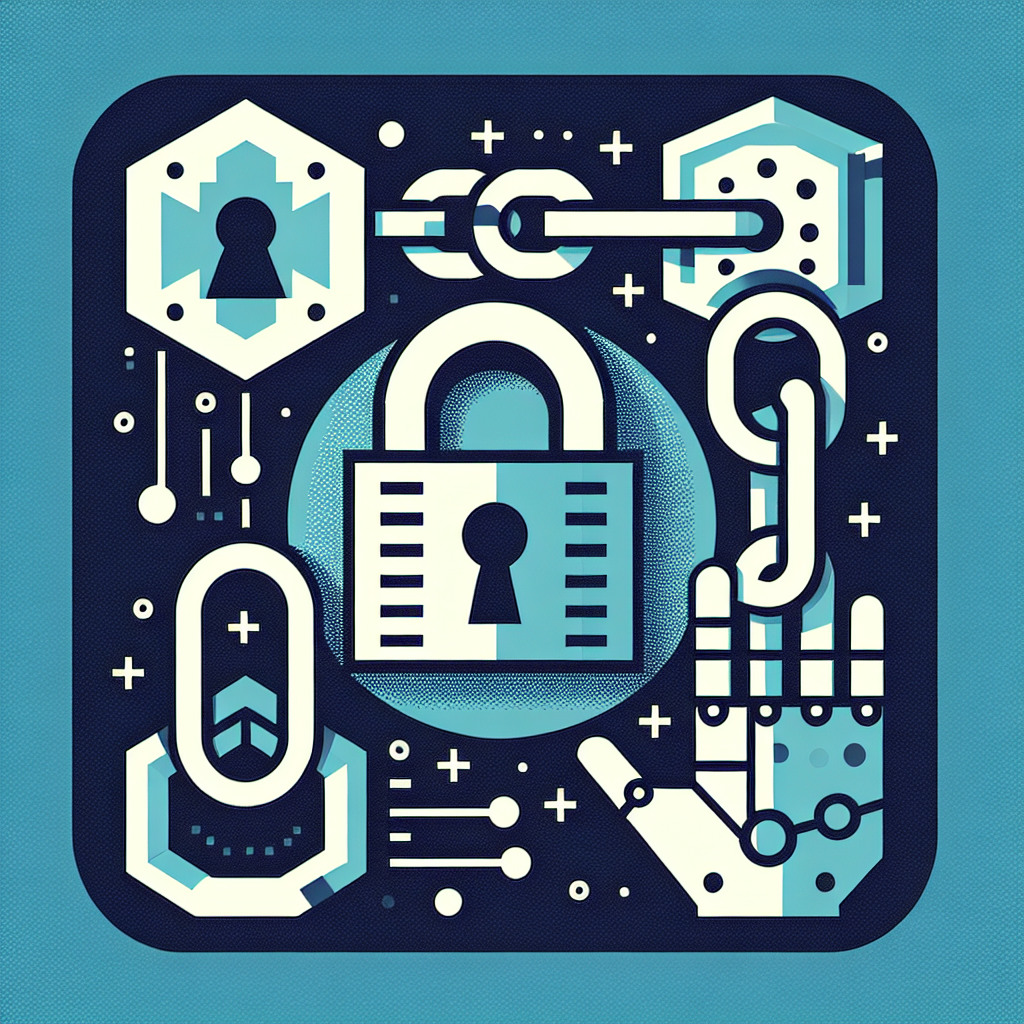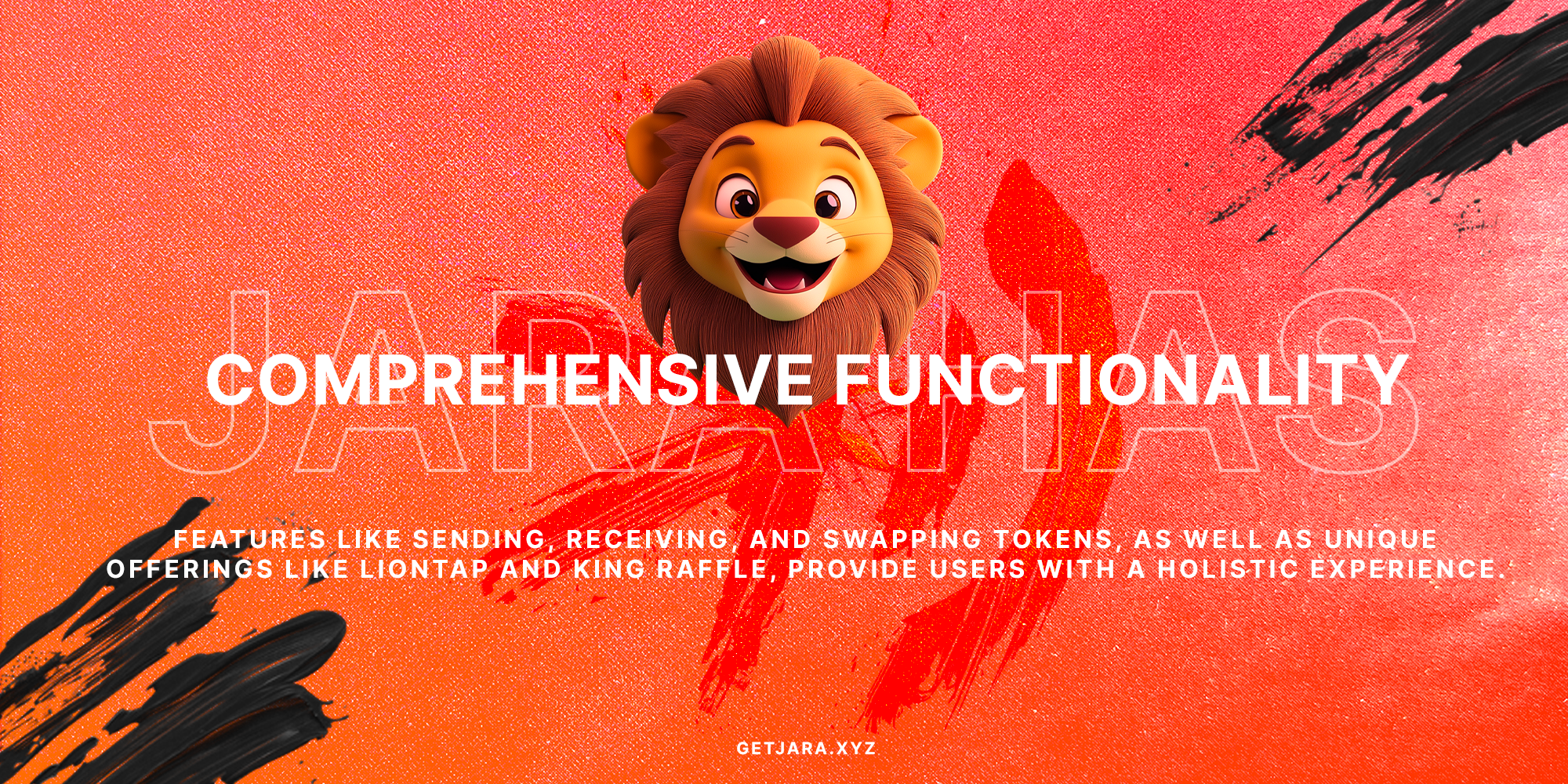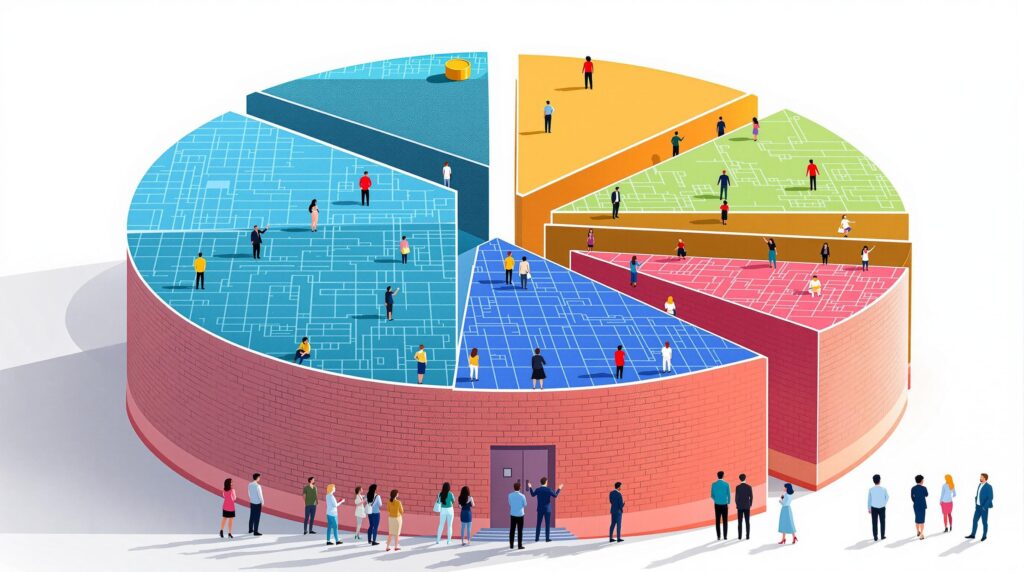Introduction to Smart Contracts and Blockchain
Smart contracts have revolutionized how transactions are conducted by embedding trust directly into programming code. Stored on a blockchain, these self-executing contracts offer a transparent and tamper-proof way to exchange goods, services, or currency without intermediaries. With their decentralized nature, smart contracts reduce costs and minimize human error, thus transforming various industries with efficiency and reliability.
What Are Smart Contracts?
Have you ever wondered, what exactly are smart contracts? A smart contract is a self-executing agreement with the terms of the contract directly written into code, which is then stored on a blockchain.
Smart contracts automate the execution of agreements so that all participants can be immediately certain of the outcome, without any intermediary’s involvement or time loss.
These digital agreements are crucial because they enable two parties to conduct transactions without needing a traditional middleman, reducing costs and mitigating the risk of human error. They run on a simple “if/when…then…” logic written in the code.
The Role of Blockchain in Smart Contracts
Blockchain plays a pivotal role in enabling smart contracts to function effectively. But how does blockchain enhance smart contracts? Simply put, blockchain’s decentralized nature ensures that transactions are tamper-proof and secure.
- Decentralization: Eliminates the need for intermediaries, such as banks or lawyers, thus reducing transaction costs.
- Security: Blockchain’s inherent encryption makes these digital agreements difficult to hack.
- Transparency: All parties involved in the transaction can access the same information, ensuring trust.
Revolutionizing Business Automation is just one of the compelling benefits of smart contracts, as they utilize blockchain for unmatched transparency and trust.
Benefits Over Traditional Contracts
Traditional contracts often involve extensive paperwork and require intermediaries to enforce terms. However, smart contracts offer a streamlined alternative by leveraging automation, which brings several advantages:
- Efficiency: Smart contracts automate processes, saving time and resources by executing actions immediately once conditions are met.
- Accuracy: By using code, these digital contracts eliminate the potential for manual errors common in traditional systems.
- Trust: Automation and transparency ensure that each party can fulfill their contractual obligations without suspicion.
Explore the Pros and Cons to fully appreciate the scope of smart contracts’ impact on transaction execution and automation.
The Jara Advantage: Embracing Africa’s Digital Economy
In regions like Africa, where financial services are evolving rapidly, platforms like Jara are at the forefront of using smart contracts to power the digital asset economy. Jara is setting new benchmarks by transforming illiquid assets into globally accessible digital tokens.
“Jara – Bridging Global Capital to African Assets” – enables seamless asset digitization and cross-border transactions with its proprietary system.
Among other things, Jara’s platform provides:
- Tokenized Real World Assets: Engage in projects like the Lagos airport, creating investment opportunities.
- Seamless Multi-chain Wallet: Manage assets through an integrated, socially connected interface.
- Jara’s Android app and iPhone app provide easy access to the ecosystem.
As Africa continues its journey towards digital transformation, Jara stands out as a leader capable of maximizing smart contract potential. Explore the Top Use Cases in Africa and how they’re shaping the continent’s economic landscape.
Operational Efficiency and Automation
One of the fundamental strengths of smart contracts is their ability to enhance operational efficiency. By automating transactions and reducing reliance on manual processes, businesses can realize significant time and cost savings.
- Supply Chain Improvements: Enhances traceability and security across production and distribution stages.
- Real Estate Transactions: Facilitates secure, transparent, and faster property management.
- Improving Supply Chain Transparency showcases further advancements in this area.
The future of smart contracts is undoubtedly promising, with endless possibilities for further integration across various sectors. With platforms like Jara leading the charge, Africa’s journey towards a digital-first economy is just beginning, presenting new horizons for local and global investors alike.
How Smart Contracts Enable Trustless Automation
The evolution of blockchain technology has enabled trustless automation through smart contracts. These contracts operate as digital “if-then” statements, executing predefined actions when certain conditions are met. For example, they can automate transactions, freeing resources and eliminating the manual processes usually required in traditional contracts. Blockchain’s inherent security ensures compliance, fostering trust in sectors requiring high accountability.
What are smart contracts? Smart contracts are self-executing contracts with terms directly written into code, enabling automation without intermediaries.
Imagine if every contract you entered automatically executed itself without the need for oversight. That’s the innovation of smart contracts—they ensure that agreements are transparent, secure, and executed exactly as agreed upon, eliminating the necessity for third-party mediation. How does this work in practice? As soon as the contract’s conditions are satisfied, the smart contract automatically implements the agreement’s terms.
The Mechanics Behind Smart Contracts
Smart contracts are crafted using code on a blockchain, and multiple computers in the network coordinate to execute actions when the set conditions are fulfilled. This system is akin to a digital vending machine handling transactions:
- Initiation: Deposit the required amount as you would money into the machine.
- Execution: Select the product you want, which the machine automatically dispenses upon verification.
- Completion: Walk away with your goods, transaction complete, without human intervention.
“Smart contracts do not only promise automation; they redefine efficiency by ensuring immutable and transparent transactions.”
This automation reduces errors and costs associated with traditional methods. Interested in how blockchain addresses inefficiencies? Read about smart contracts in supply chains here.
Real-World Applications and Trust
The appeal of smart contracts lies in their ability to foster trustless environments where parties don’t need to have prior trust in each other. Take a look at some real-world applications:
- Finance: They minimize fraud and streamline transactions, playing a significant role in decentralized finance (DeFi).
- Supply Chain: Enhance traceability and security, crucial for accountable business operations.
- Real Estate: Simplify and secure property transfers, ensuring clear ownership records.
Not only do these applications enhance trust, but they also signify massive advancements especially in regions like Africa, where Jara is transforming infrastructures into digitally accessible assets with security and speed. Curious about blockchain’s role in such transformations? Dive deeper into IBM’s blockchain initiatives.
Smart Contracts and Africa’s Digital Growth
Africa’s digital revolution is fundamentally supported by platforms like Jara. Leveraging smart contracts, Jara facilitates seamless transactions in digital asset economies, presenting a unique opportunity for investors and enabling economic empowerment across the continent. This transformation is reflective of Africa’s readiness to adopt and grow with blockchain technology.
“Jara – Bridging Global Capital to African Assets through innovation, unlocking substantial economic potential.”
Through Jara’s strategic partnerships and innovative projects, it exemplifies how smart contracts are utilized to tokenize real-world assets efficiently. For an illustrative guide, see how smart contracts are disrupting industries.
Ultimately, as automation becomes more prevalent via technologies like blockchain, the potential for smart contracts to enable trustless agreements grows. Looking toward a future where contract validation is seamless and secure, companies like Jara are at the forefront, laying down the foundations for a digital financial landscape that is both inclusive and efficient.

Applications of Smart Contracts Across Industries
The rapid adoption of smart contracts across various sectors underscores their potential to revolutionize traditional processes through automation and increased transparency. But how are these digital agreements being utilized across different industries? Let’s explore some key applications.
Finance: Enhancing Transparency and Efficiency
In the finance sector, smart contracts significantly enhance security and efficiency. By utilizing these contracts, financial transactions can be executed automatically once set conditions are met, eliminating the need for intermediaries like banks. This not only speeds up transactions but also reduces associated costs. Moreover, smart contracts minimize the risk of human error, a crucial advantage for financial institutions seeking precision.
With Africa’s rapidly growing digital asset economy, platforms like Jara play a pivotal role. By leveraging blockchain technology, Jara is bridging global capital with African assets, making financial dealings more accessible and transparent.
Supply Chain Management: Improving Traceability and Security
Smart contracts have transformed supply chain management by providing seamless tracking capabilities. With every step of a product’s journey digitally documented on a blockchain, companies can ensure transparency and authenticate their products’ origin. This enhancement in traceability helps businesses identify bottlenecks, optimize logistics, and ensure product quality at every stage.
The application of smart contracts in supply chains aligns perfectly with Africa’s infrastructural needs, where ensuring product quality and origin can vastly improve consumer confidence.
Real Estate: Facilitating Secure, Transparent Transactions
Real estate transactions benefit immensely from the incorporation of smart contracts. Traditionally, property deals involve considerable paperwork, long waiting periods, and significant intermediary costs. Smart contracts automate this process, ensuring that transactions occur only when all predefined terms are met, securing both parties’ interests while reducing potential for fraud.
Jara’s initiative of tokenizing real world assets, like the Lagos airport project, exemplifies this evolution, offering investors a straightforward, secure way of participating in property investments.
Insurance: Streamlining Claims and Reducing Fraud
In the insurance industry, smart contracts streamline the claims process by ensuring automatic payouts when conditions are met. This automation reduces the need for claim verification checks, cutting down processing times dramatically. Furthermore, by embedding terms into the blockchain, insurers can achieve a new level of fraud prevention as every transaction and claiming rule is digitally stored and time-stamped.
This capability is particularly valuable in Africa, where claims sometimes take extended durations to resolve. By employing smart contracts, insurers can foster trust and loyalty among their clients.
Smart contracts provide automation and transparency, fostering innovation and reliability across various sectors.
Key Takeaways
- Financial Stability: Smart contracts enhance security and efficiency in financial transactions by eliminating the need for intermediaries.
- Traceability: In supply chain management, they provide improved traceability and security, ensuring product quality and origin are maintained.
- Secure Transactions: They facilitate quicker and more secure real estate transactions, reducing the risk of fraud between parties.
- Expedited Claim Processes: In insurance, smart contracts ensure fair and rapid claim settlements while minimizing fraud.
As smart contracts continue to gain popularity across these industries, their capacity to foster economic growth in regions like Africa becomes increasingly evident. These digital agreements empower organizations to conduct cross-border transactions seamlessly, facilitating a more inclusive and accessible economic environment for all participants.
For further insights into how smart contracts are used to reduce fraud in financial transactions, check out our analysis on how smart contracts reduce fraud.
The Future of Smart Contracts in Global Technology
The future of smart contracts promises a continued transformation in how businesses and governments operate. As global adoption increases, challenges such as scalability and legal recognition need addressing. But what exactly are smart contracts, and how could they redefine international business? Here’s a look at key aspects shaping their future.
What are smart contracts? Smart contracts are self-executing contracts where the terms of the agreement are written directly into code. They automatically enforce transactions on a blockchain, ensuring certainty and eliminating intermediaries.
Global scalability is one of the most anticipated developments in the smart contract sphere. With blockchain technology’s ability to handle vast amounts of transactions efficiently, we can expect substantial advancements in the speed and scale of smart processes. However, this also poses technical challenges, prompting innovations to manage increased loads effectively.
Additionally, the expansion of legal frameworks is crucial for the global integration of smart contracts. As more jurisdictions recognize the enforceability of blockchain-based agreements, industries will increasingly deploy smart contracts to replace conventional legal processes.
As financial transactions demand greater security, innovative measures will be vital in preventing fraudulent activity. For Africa, platforms like Jara are making strides by combining blockchain capabilities with innovative security features to facilitate more complex transactions. This approach offers a promising blueprint as smart contracts seek wider operational flexibility worldwide.
“Smart contracts are the blueprint for a decentralized future,” signifying the shift towards trustless interactions and enhanced transactional integrity across sectors.
The role of smart contracts goes beyond simple transactions. Their application in decentralized finance (DeFi) on platforms like Jara underlies a broader digital transformation. These contracts promote inclusivity by lowering barriers to entry, fostering economic empowerment, and providing gateway access to global markets for previously underserved areas.
Emerging use cases are another aspect predicting the widespread integration of smart contracts across industries. From streamlining real estate deals to enhancing supply chain transparency, the potential applications span diverse fields, reshaping how businesses conduct operations. By offering improved efficiency, automation, and traceability, smart contracts provide fertile ground for innovation.
Moreover, as smart contracts play an instrumental role in Africa’s digital transformation, initiatives like Jara are uniquely positioned to tap into the continent’s burgeoning digital economy. Empowering investments with tools like tokenization increases accessibility for both local and international stakeholders, amplifying opportunities for growth and participation.
In conclusion, the future of smart contracts is intertwined with the broader integration of blockchain technology into global systems. From enhancing security measures to redefining traditional frameworks, their potential remains vast. As more entities embrace this technology, we stand on the brink of a tangible shift in facilitating trustless agreements, opening endless opportunities for collaboration across the globe.

What are smart contracts in blockchain technology?
Smart contracts are self-executing contracts with the terms of the agreement written into lines of code, existing across a distributed, decentralized blockchain network.
Smart contracts operate independently, executing actions automatically when conditions are met. This eliminates the need for intermediaries and makes them especially beneficial in automating and securing transactions.
How do smart contracts improve transaction security?
Smart contracts enhance transaction security by leveraging blockchain technology, which is inherently secure and tamper-proof. By storing data on a decentralized ledger, these contracts ensure transparency and integrity, preventing unauthorized changes.
Can smart contracts replace traditional legal contracts?
While smart contracts offer speed and automation, they lack the nuanced understanding and adaptability of traditional legal contracts. They can complement legal agreements but may not fully replace them due to the necessity for interpretation and flexibility in complex legal scenarios.
What are the limitations of using smart contracts?
Smart contracts face limitations such as scalability issues, lack of legal recognition in some jurisdictions, and the potential for programming errors. These factors can affect their effectiveness and widespread adoption, though improvements in technology continue to address these challenges.

Additional Practice Areas
Explore various other practice areas we specialize in, closely related to the role of smart contracts in automation.
List of Top-Rated Smart Contracts & Automation Attorneys Serving Africa
Choosing the appropriate legal representation is crucial when pursuing a claim. A seasoned, committed Smart Contracts & Automation attorney ensures you’re equipped to make informed choices at each phase of the process.
List of Top Rated Lawyers in Africa:
- Lawyer A
- Lawyer B
- Lawyer C
- Lawyer D
Hear From Our Satisfied Clients
At the forefront of our Smart Contracts & Automation practice is a deep-seated commitment to client satisfaction. Each case is handled with utmost care, as echoed in the appreciative feedback from those we represent.

Embrace the Future of Automation with Jara
At Jara, we understand the transformative power of smart contracts and blockchain technology. Our expertise in crafting innovative solutions ensures that your transactions are not only secure but also seamless and efficient. By leveraging our deep knowledge and industry experience, we empower businesses to automate processes and establish trustless agreements with confidence.
Are you ready to revolutionize your operations with the power of smart contracts? Reach out to us today, and let us guide you through the next phase of your digital transformation journey.
Visit our website at Jara for more information.
Download the Jara app to start your journey with us:
- Android: Download here
- iPhone: Download here
“$JARA: Bridging Global Capital to African Assets” – Unlocking new possibilities with our cutting-edge solutions and expert guidance in smart contracts and automation.
The Role of Smart Contracts in Automation
Smart contracts have revolutionized the way agreements are created and executed in the digital era. By leveraging the power of blockchain technology, these contracts enable trustless agreements that automate processes and enhance reliability.
Understanding Smart Contracts
- Key Concept: Smart contracts are self-executing contracts with the terms of the agreement directly written into lines of code.
- Blockchain Integration: They are decentralized and run on blockchain networks, ensuring transparency and immutability.
“Smart contracts eliminate the need for intermediaries and create a seamless, automated transaction environment, fostering efficiency and trust.”
How Blockchain Facilitates Trustless Agreements
Blockchain technology is instrumental in ensuring the security and trustworthiness of smart contracts. Here’s how:
- Immutability: Once a smart contract is created, it cannot be altered, ensuring that all terms are adhered to strictly.
- Transparency: All transactions are visible to participants within the network, promoting accountability.
- Security: The decentralized nature of blockchain reduces the risk of fraud and manipulation.
Applications of Smart Contracts
Smart contracts can be utilized in various sectors, each benefiting from the automation and security they provide. Key applications include:
- Financial Services: Streamlining processes such as payouts and settlements.
- Real Estate: Automating property transfers and escrow services efficiently.
- Supply Chain Management: Enhancing transparency and tracking of goods through the supply chain.
“Smart contracts in supply chain management drastically reduce the time and cost involved in tracking products from origin to destination.”

















